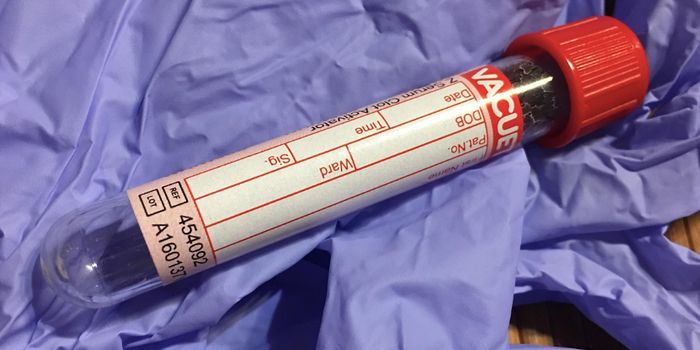What do we know about THC-O?
As the synthetic cannabis compound THC-O acetate gains popularity among consumers, the medical community is calling for more research to determine its safety. THC-O is derived from the hemp plant using a chemical extraction process similar to the ones used to create other synthetic cannabinoid compounds such as Delta 8 and Delta 10. These compounds do not naturally occur in the cannabis plant; chemicals or solvents are required to acetylate the tetrahydrocannabinol (THC). The legal status of synthetic cannabinoids like Delta 8, Delta 10, and THC-O is complex and evolving, and there are few research studies evaluating the safety of THC-O.
In states where THC-O is legal, it can be purchased in the following forms: vaping cartridges, edibles, and pre-roll joints. Consumers report a cerebral or psychedelic high, and some even describe how this acetate makes them feel introspective or spiritual. In states where THC-O is accessible due to current legality of hemp-derived synthetic products -whether or not THC is legal- consumers find THC-O’s pleasant cerebral effect an appealing alternative to THC given potential legal and health risks. Some may choose THC-O in order to avoid some negative health effects mainly associated with Delta 9 THC such as increased heart rate or anxiety.
Current state hemp policies often have legal loopholes, so policies pertaining to THC-O processing, sales, and consumer access to THC-O products will remain unclear until further research is conducted. According to cannabinoid expert Dr. Ethan Russo, THC-O is a “byproduct of prohibition”; the focus on the legal status of cannabis shows the urgent need for specific laws targeting synthetic cannabis compounds. THC-O’s legal status has contributed to a notable consumer trend in some states. States that have not yet legalized recreational cannabis report an increase in THC-O use.
Dr. Russo advocates for more research to establish THC-O’s safety. He expressed concern regarding the health effects on the consumer as well as the chemical process used to derive THC-O. Health officials estimate that THC-O may be three times more potent than THC, but there is no research to determine THC-O potency effects on humans. During the process of transforming Delta 9 THC into THC-O acetate, the toxic chemical acetic anhydride is often used. Russo believes that the additional potency of THC-O and the chemicals used during processing could have significant problems for the liver and other organs. In addition, THC-O could have a mechanism of action that THC does not have.
Careful regulation and extensive research on safety and use of minor cannabinoids like THC-O are critical to the overall wellbeing of the cannabis industry. More research will help consumers make informed choices, guide state hemp policy and safety standards, and establish guidelines that promote compliance and quality regarding cannabinoid processing.
Sources:

![Everything You Need To Know About NGS [eBook]](https://d3bkbkx82g74b8.cloudfront.net/eyJidWNrZXQiOiJsYWJyb290cy1pbWFnZXMiLCJrZXkiOiJjb250ZW50X2FydGljbGVfcHJvZmlsZV9pbWFnZV9mNTM1ZjIyYzA5MDE5ZmNmMWU5NmI0ZDc4NWU2MzdiZTZlN2I5ZDk5XzE4NDUuanBnIiwiZWRpdHMiOnsidG9Gb3JtYXQiOiJqcGciLCJyZXNpemUiOnsid2lkdGgiOjcwMCwiaGVpZ2h0IjozNTAsImZpdCI6ImNvdmVyIiwicG9zaXRpb24iOiJjZW50ZXIiLCJiYWNrZ3JvdW5kIjoiI2ZmZiJ9LCJmbGF0dGVuIjp7ImJhY2tncm91bmQiOiIjZmZmIn19fQ==)






